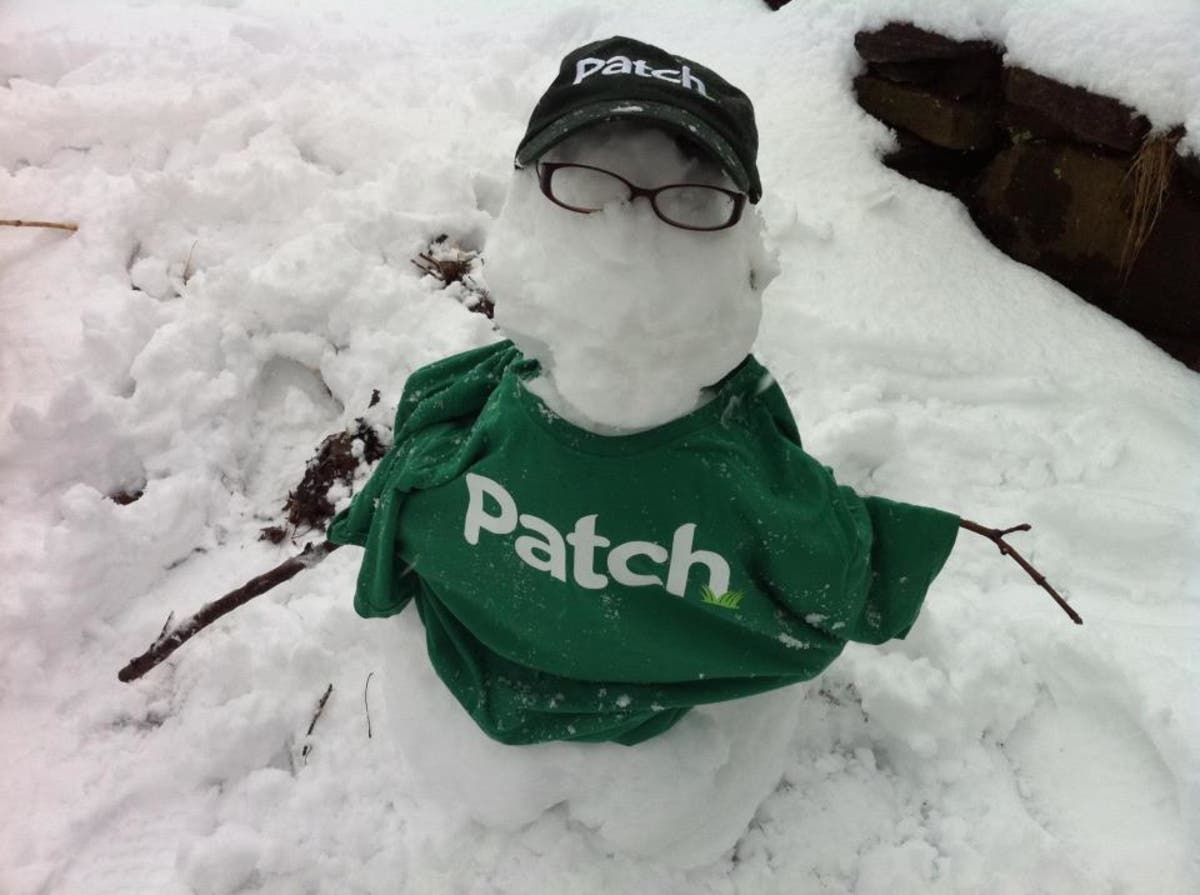Winter Storm & School Closings: What Parents Need To Know

Table of Contents
Monitoring Weather Forecasts and School Announcements
Proactive monitoring is key to minimizing the stress associated with winter weather and school delays. Reliable information is your first line of defense. Don't wait for the snow to start falling; stay informed before, during, and after a winter storm.
- Check Local News Channels: Watch your local news for weather alerts and school closure announcements. Many stations provide up-to-the-minute reports and dedicated segments on winter weather impacts.
- Sign Up for School Alerts: Most school districts offer email and text alerts for school delays, closures, and other important announcements. Register for these services on your school district's website.
- Follow the School District on Social Media: Many schools use social media platforms like Facebook and Twitter to provide real-time updates during winter storms. Following their accounts can provide immediate notifications.
- Download Relevant Weather Apps: Numerous weather apps provide detailed forecasts, including winter storm warnings, alerts, and radar imagery. These apps can send push notifications, ensuring you receive immediate updates.
- Utilize Emergency Alert Systems: Familiarize yourself with your local emergency alert system (e.g., Wireless Emergency Alerts or local government alerts) for critical weather information and potential school closure notifications.
By actively monitoring these sources, you'll be better prepared for any disruptions caused by winter weather, transforming reactive responses into proactive planning.
Developing a Winter Weather Emergency Plan
A comprehensive winter weather emergency plan is crucial for minimizing stress and ensuring your child's safety during school closures. Planning ahead will alleviate much of the anxiety associated with unexpected snow days or extended closures.
- Identify Backup Childcare Options: Before winter hits, identify reliable backup childcare options. This could include family members, close friends, neighbors, or a trusted babysitter.
- Establish Communication Protocols: Determine check-in times and designate primary contact information. Ensure everyone involved knows how to reach each other in case of an emergency.
- Prepare a Winter Storm Emergency Kit: Gather essential supplies like bottled water, non-perishable food, flashlights, batteries, blankets, first-aid kit, and any necessary medications. Consider a portable generator if power outages are common in your area.
A well-defined plan reduces the pressure of making rushed decisions during a stressful situation. It allows you to focus on your child's safety and well-being rather than scrambling to find solutions in the midst of a winter storm.
Creating a Safe Home Environment During Winter Storms
When school is closed due to a winter storm, ensuring a safe home environment is paramount. Children need supervision and understanding of potential winter hazards.
- Clear Walkways of Snow and Ice: Prevent slips and falls by regularly clearing walkways and entrances of snow and ice.
- Ensure Carbon Monoxide Detectors are Functioning: Test carbon monoxide detectors regularly, especially before and during winter storms. Carbon monoxide poisoning is a serious hazard, particularly during power outages when alternative heating methods might be used.
- Have a Backup Power Source: A portable generator can provide essential power during outages, allowing you to stay warm and maintain communication.
- Teach Children About Winter Safety Hazards: Educate your children about potential hazards like icy surfaces, hypothermia, and frostbite. Provide age-appropriate instructions on how to stay safe.
Child supervision is crucial during winter storms. Keep children indoors as much as possible, and actively engage them in safe indoor activities.
Understanding School District Policies on Snow Days and Delays
School policies regarding snow days, delayed openings, and make-up days vary significantly among districts. Understanding your school's specific policies is crucial.
- Review School District’s Website: The school district website is usually the primary source for official information regarding school closures and delays. Familiarize yourself with their communication channels and procedures.
- Familiarize Yourself with Communication Channels: Understand how the school district communicates closures and delays (e.g., email, text, website, social media).
- Understand the Process for Reporting Absences: Know the school's procedures for reporting absences during school closures due to weather.
Knowing your school's policies will help you prepare for any situation and avoid unnecessary confusion or stress.
Staying Informed and Connected During a Winter Storm
Maintaining communication and staying informed throughout the duration of a winter storm is vital.
- Monitor Weather Reports: Continuously monitor weather reports for updates on the storm's intensity and duration.
- Check for Road Closures and Travel Advisories: Avoid unnecessary travel during severe winter weather. Check for road closures and travel advisories before venturing out.
- Maintain Charged Devices and Backup Power: Ensure your electronic devices are fully charged, and have backup power sources available in case of a power outage.
- Use Communication Tools: Utilize various communication methods (phone, text, email) to stay in contact with family, school, and work.
Responsible decision-making during a winter storm is paramount. Prioritize safety and avoid unnecessary risks.
Conclusion
Navigating winter storms and school closings requires proactive planning, reliable information sources, emergency preparedness, and consistent communication. By developing a comprehensive winter weather emergency plan and actively monitoring weather forecasts and school announcements, you can significantly reduce stress and ensure your child's safety. Be prepared for winter storms and school closings—create your family's emergency plan now! Check your school district's website for specific policies and contact your local emergency management agency for additional resources.

Featured Posts
-
 Big Bear Ai Bbai Stock Decline In 2025 Understanding The Factors
May 20, 2025
Big Bear Ai Bbai Stock Decline In 2025 Understanding The Factors
May 20, 2025 -
 Kaellmanin Kasvu Huuhkajien Tukipilarina
May 20, 2025
Kaellmanin Kasvu Huuhkajien Tukipilarina
May 20, 2025 -
 Popovnennya U Rodini Lourens Dzhennifer Stala Mamoyu Vdruge
May 20, 2025
Popovnennya U Rodini Lourens Dzhennifer Stala Mamoyu Vdruge
May 20, 2025 -
 Investing In Ai Quantum Computing A Case For This Stock
May 20, 2025
Investing In Ai Quantum Computing A Case For This Stock
May 20, 2025 -
 Tariff Wars Ryanairs Biggest Challenge To Future Growth And Planned Buyback
May 20, 2025
Tariff Wars Ryanairs Biggest Challenge To Future Growth And Planned Buyback
May 20, 2025
